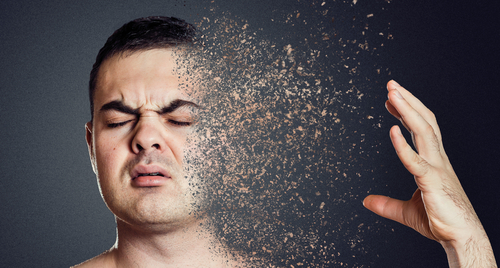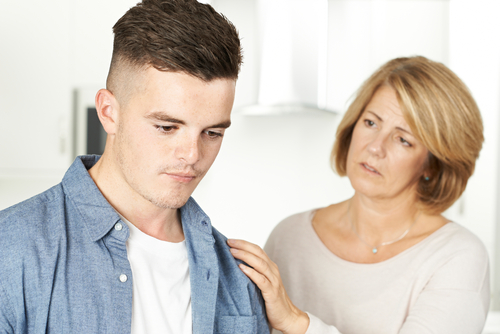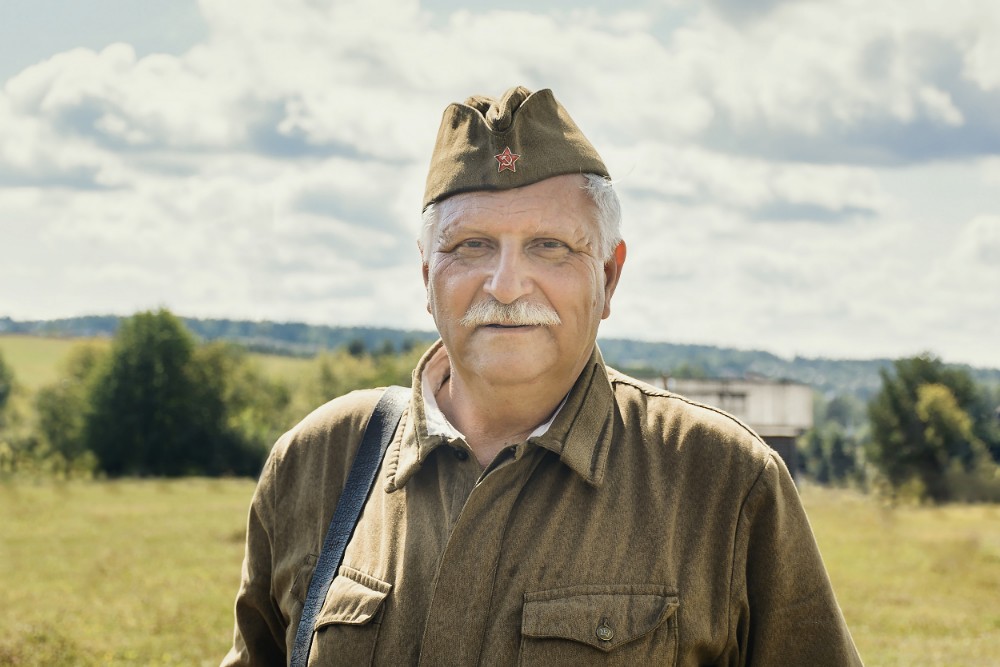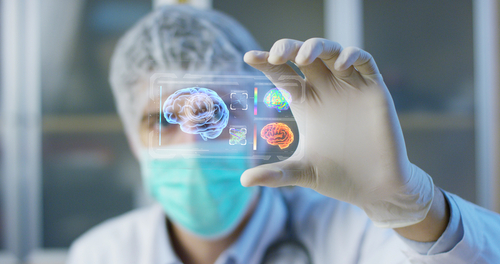Many substances can cause changes in perception and behavior, and those that cause paranoia are said to cause “substance induced psychosis”. When this occurs, both delusions and paranoia may take place; Mental Health America (MHA) defines paranoia as, “…Intense anxious or fearful feelings and thoughts often related to persecution, threat or conspiracy.” A person with […]
Pain. Anger. Sadness. These are just a few of the negative emotions that we all experience from time to time – but when times get hard, it feels almost unbearable – and that’s when many of us find ourselves reaching for alcohol or illicit drugs to numb the discomfort. It all happens so quickly, and […]
We’ve all heard the names that plague the realm of mental illness. “Crazy”, “psycho”, “weird”, “nuts” – it’s unfortunate, but our society has had a difficult time accepting the various mental illnesses that can occur and the symptoms that people deal with on a daily basis. Mental illness is an incredibly serious topic that deserves […]
The opioid epidemic has affected millions of people across the United States, and while the epidemic has yielded tragic effects on children, there’s another population of concern: older adults. The American Society on Aging explains that older adults are struggling with opioids like oxycodone, hydrocodone, fentanyl and other drugs, alongside illicit ones such as heroin […]
The University of Queensland in Australia explains that the limbic system is, “…Part of the brain involved in our behavioral and emotional responses, especially when it comes to behaviors we need for survival; feeding, reproduction, and caring for our young, and fight or flight responses.” The limbic system is greatly responsible for the way we […]
It’s already hard to focus in on the present moment with all of the stressors that bog us down, but those who battle with addiction face an added layer of distraction. Substances like alcohol and other drugs bring us out of our natural element and into a state of mind that goes against our natural […]
People have used a variety of ways to consume drugs, and it’s mostly been dependent on the type of drug and the “high” that is produced. Drug injection is said to be the quickest way to achieving fast-acting euphoria, as the substance is entered directly into the bloodstream; with a fast peak comes a fast […]
It’s no secret that the opioid epidemic has taken thousands of lives each year; the U.S. Department of Health and Human Services explains that in 2017, a total of 11.4 million people abused prescription opioids – with over 130 people dying each day from this tragic occurrence. With so many people losing their friends, children, […]
The opioid epidemic has taken thousands of people’s lives and has sparked an increasingly high rate of concern for children and families affected by it, yet many Americans hold the belief that prescription medications are “less dangerous” than illicit drugs. Prescription medications are, according to the National Council on Alcoholism and Drug Dependence (NCADD), the […]
According to the National Alliance on Mental Illness (NAMI), approximately 7.9 million people throughout the United States experience both a mental illness and a substance use disorder (SUD) at the same time. This is also known as a co-occurring disorder, comorbidity, or dual diagnosis. Unfortunately, many people miss seeking treatment altogether because they don’t believe […]

















